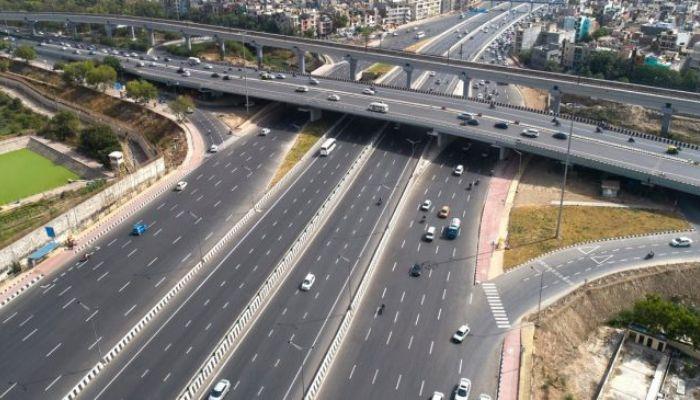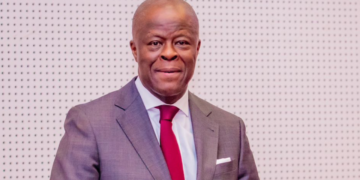The African Development Bank (AfDB) has revealed that the $15.6 billion Abidjan-Lagos Corridor Highway project, which aims to improve trade and regional integration in West Africa, will require $6.8 billion in private-sector investment.
This was revealed during a report presentation by the consultancy behind the Spatial Development Initiative at an online workshop organised by the African Development Bank (AfDB) and project partners.
The report identifies 206 specific interventions for private-sector funding in critical sectors such as energy, renewable energy, manufacturing, transport, agriculture, ICT, tourism, mining, and special economic zones.
It was further disclosed that the investments are intended to transform the corridor into a central hub for economic growth and industrialisation.
In his speech, Mike Salawou, the director of the AfDB’s Infrastructure and Urban Development Department, emphasised that the highway is more than just a transport link. It is designed to stimulate industrialisation and foster economic hubs across the region.
Salawou highlighted its potential to drive inclusive growth by connecting the five countries’ urban centres, secondary cities, and rural areas.
Also speaking, Chris Appoiah, Director of Transport at the ECOWAS Commission, described the highway as crucial to advancing the region’s integration goals, marking a significant step toward achieving economic unity in West Africa.
AfDB’s Chief Transport Economist and Project Manager, Lydie Ehouman, noted that the highway would connect major urban hubs like Abidjan, Accra, Lomé, Cotonou, and Lagos, while also integrating landlocked nations such as Mali, Burkina Faso, and Niger into the regional economy.
She added that by 2050, the corridor would support an urban population of 173 million, boosting trade, connectivity, and industrial growth throughout West Africa.
The 1,028-kilometer highway will connect Côte d’Ivoire to Nigeria, passing through Ghana, Togo, and Benin. Construction is scheduled to begin in 2026 and be completed by 2030. The aim is to improve regional transportation and link major urban centres.
The AfDB has already conducted feasibility studies, explored financing options, and established the Abidjan-Lagos Corridor Management Authority to oversee the project’s execution. The toll-free road will feature four to six lanes, expanding to eight in Lagos. It will also include 63 interchanges along its route.
The highway will span five countries: 144 kilometres in Côte d’Ivoire, 90 kilometres in Togo, 127 kilometres in Benin, 520 kilometres in Ghana, and 82 kilometres in Nigeria.
The project will create up to 70,000 direct and indirect jobs and primarily rely on public-private partnerships for funding and execution.





